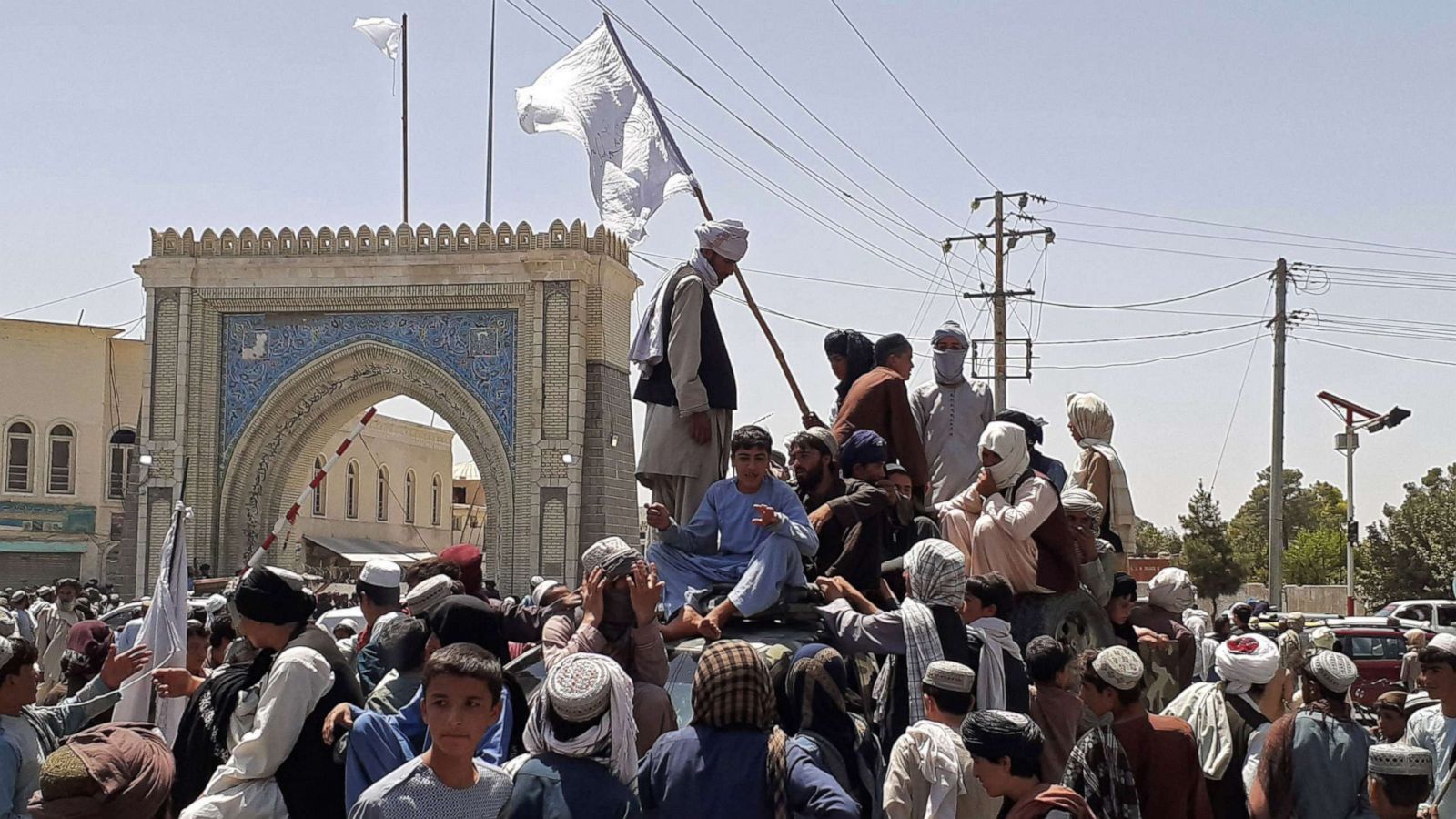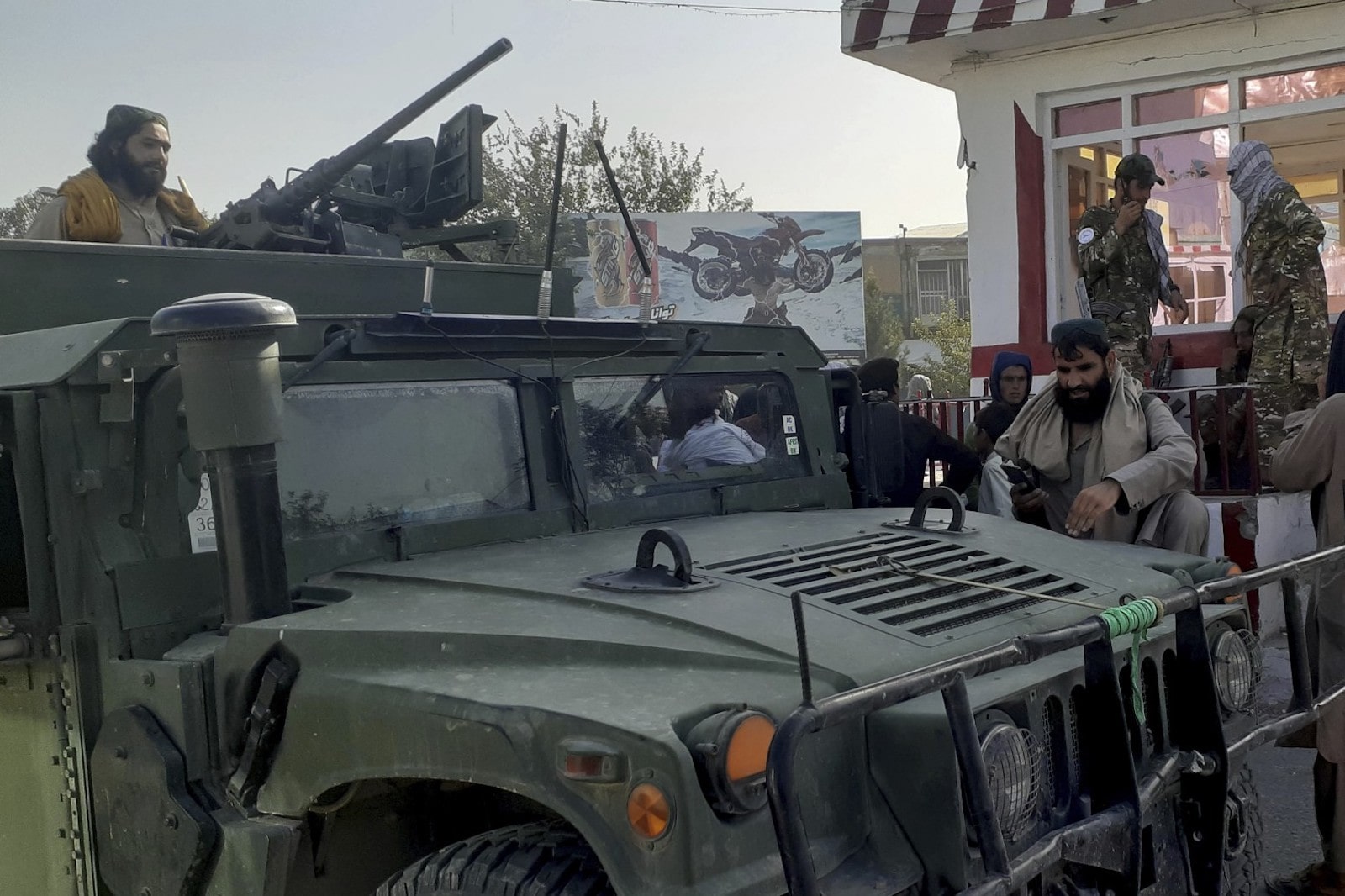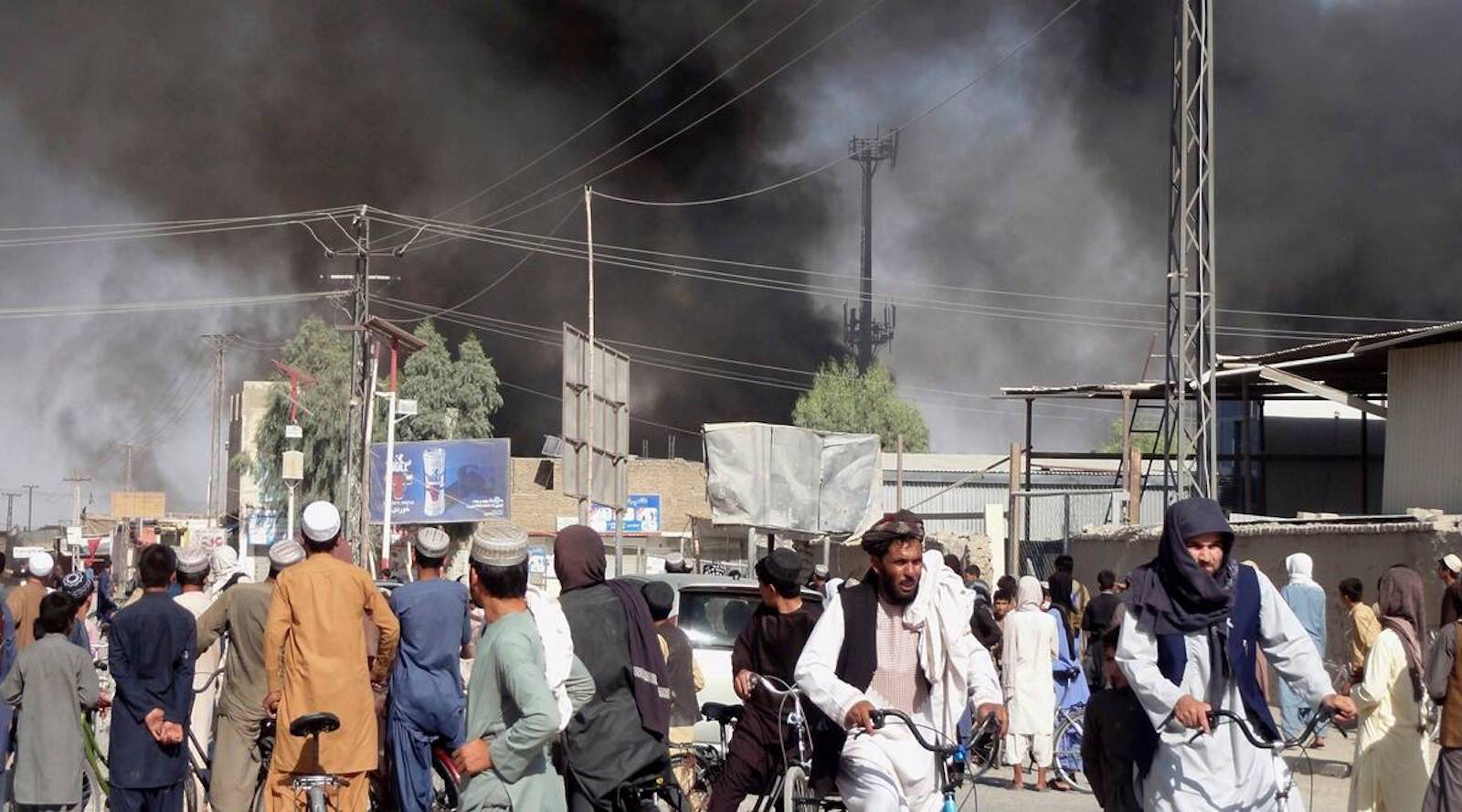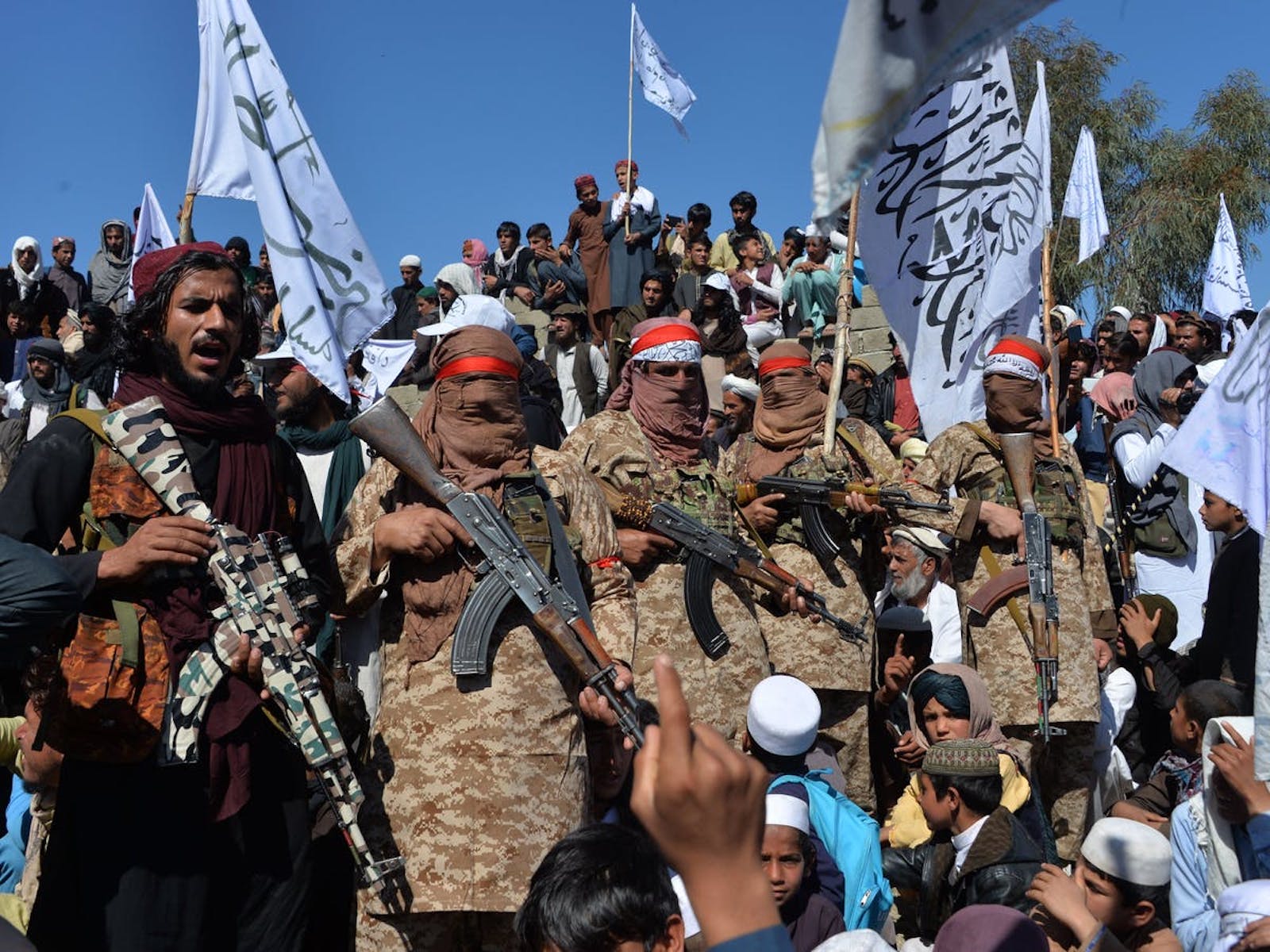
Define terrorism: The Taliban reclaims half of Afghanistan in a week
In the last week, the Taliban has seized numerous provincial capitals in Afghanistan. At first, only smaller cities were targeted, but now Afghanistan’s second-largest city, Kandahar, has been taken over by the Taliban. Now seventeen out of thirty-four of Afghanistan’s provincial capitals have been overtaken. Many are simply waiting until Afghanistan’s capital city, Kabul, is seized.
Currently, U.S. troops are arriving in Kabul in order to evacuate embassy staff. The future of Afghanistan’s government is difficult to define under these turbulent conditions. If Afghanistan falls under Taliban power, the country’s government will certainly lose the United States’ support.
Could the war in Afghanistan spread outside of the nation’s border? The possible expansion of such terrorism has become an international concern.

The Taliban reclaims half of Afghanistan
With nearly half of the country seized, the militant group has officially taken over its second-largest city. The Taliban has obtained considerable amounts of territory in the northern region which was previously considered an anti-Taliban refuge against terrorism. The Taliban is currently controlling territories only sixty-two miles from Kabul.
The Taliban released a statement on Friday that detailed the governor’s office, police headquarters, and other major centers in Kandahar have been captured. “Hundreds of weapons, vehicles, and ammunition were seized,” the Taliban statement said.
Afghan Member of Parliament Gul Ahmad Kamin has reported that he and other officials had journeyed to a military base near the Kandahar international airport and were waiting for an outgoing flight. “Many (government) soldiers surrendered and the rest fled,” Kamin said.

U.S. response to Taliban siege
One senior official from the Biden administration has stated that the capital city Kabul could be the last city standing in order for the Taliban to easily obtain the isolated capital.
Due to increasing terrorism in Afghanistan, the United States has revealed it will deploy 3,000 American troops to Kabul to support the “reduction of civilian personnel at the embassy in Kabul” and to “facilitate the processing of” Special Immigrant Visas for Afghan nationals who helped Americans during their period in Afghanistan, Pentagon spokesperson John Kirby announced.

United Nations encourages ceasefire
In a briefing with the UN Security Council, they were warned that “swift action must change the current catastrophic trajectory of violence and humanitarian suffering in Afghanistan.” Representatives also described the need to end the recent Taliban attacks which have resulted in a record number of civilian deaths and targeted killings.
“With Afghanistan at a dangerous turning point, a united Security Council must seize the current opportunity to quickly reinvigorate peace talks and prevent the crisis from spilling across national borders,” said Deborah Lyons, Special Representative of the Secretary-General and Head of the United Nations Assistance Mission in Afghanistan (UNAMA).
She continued, “Ahead lies either a genuine peace negotiation or a tragically intertwined set of crises, an increasingly brutal conflict combined with an acute humanitarian situation and multiplying human rights abuses.”

Lyons also suggested that members communicating with the Taliban Political Commission must request a ceasefire and clearly define the fact that the UN and the international community will not recognize any government created by force and violence.

Taliban’s terrorism spreading outside Afghanistan
A senior member of the Afghan Peace Negotiation Team, Nader Nadery also discussed the anxiety occurring as the Taliban rapidly attempted to define a new rule over the nation. Nadery has reported, “If the Taliban advances militarily, the region will be burned. This war will not be contained within the borders of Afghanistan.”
She adds that there are dire concerns of “a consolidation of power of all the terrorist groups [under] the umbrella of Taliban and the space that the Taliban is providing for them.”
“The slogan now of every single terrorist group with the jihadist mind is ‘now that we have defeated the United States and its 42 allies in Afghanistan, we can go after them anywhere’,” Nadery added. “That slogan is a clear danger that will enable groups like the Daesh (ISIS), Al Qaeda and others to rally more people, because they’re on the march, they feel triumphant.”
—
How will the Taliban define a new rule if they successfully overpower the Afghan government? Let us know what you think lies in Afghanistan’s future in the comments below.







